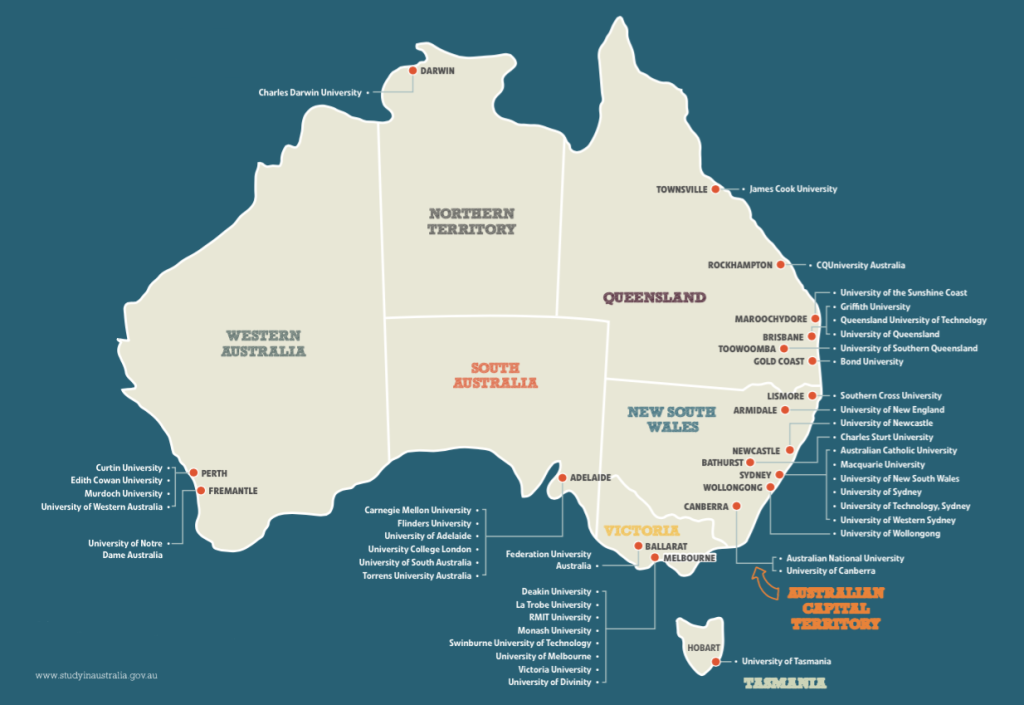1. Structure of the Education System
The UAE education system is divided into four stages:
- Kindergarten (KG1 & KG2): Ages 4–5
- Primary School (Grades 1–6): Ages 6–11
- Preparatory Stage (Grades 7–9): Ages 12–14
- Secondary School (Grades 10–12): Ages 15–17
Education is compulsory for all Emirati children up to Grade 12.
2. Government Focus on Educational Improvement
The UAE is consistently working to improve education through:
- Modern curricula and teaching methods
- Investment in technology and English proficiency
- Teacher training initiatives (e.g., “Teachers of the 21st Century”)
- Partnerships with international institutions
- Bilingual education models (Arabic and English)
Notable reforms include:
- New School Model (Abu Dhabi): Emphasizes critical thinking, modeled after New South Wales, Australia.
- Mentorship by Western principals: To improve public school education.
3. Higher Education
The UAE hosts a mix of public universities, private colleges, and international branch campuses. Key institutions include:
National Universities
- United Arab Emirates University (UAEU) – Abu Dhabi
- Higher Colleges of Technology (HCT) – 16+ campuses
- Zayed University – Abu Dhabi & Dubai (co-ed since 2008)
- Gulf Medical University (Ajman) – First medical college
- Dubai Pharmacy College – Offers B.Pharm and M.Pharm
International Campuses in Dubai & Abu Dhabi
- American University in Dubai (AUD)
- Rochester Institute of Technology – Dubai
- Michigan State University – Dubai
- New York University – Abu Dhabi
- Sorbonne University – Abu Dhabi
- Canadian University – Dubai
- University of Wollongong – Dubai
- Heriot-Watt University – Dubai
4. Education Free Zones
To attract global institutions, Dubai has established:
- Dubai Knowledge Village (DKV) – Training & R&D focused
- Dubai International Academic City (DIAC) – Hosts 20+ international universities and colleges
5. Accreditation and Quality Control
- The Ministry of Education (MOE) oversees education policy.
- Commission for Academic Accreditation (CAA) approves and licenses universities (except those in free zones, which have separate regulations).
Permitted Work Hours
- Part-time: Up to 36 hours per week
- Full-time: During semester breaks and official holidays
Eligibility Requirements
- Must be 18 years or older
- Must be enrolled in a licensed higher education institution in Dubai
- Must obtain a part-time work permit issued by Dubai Development Authority (DDA)
Opportunities for Students
Dubai offers part-time roles in:
- Retail
- Hospitality
- Marketing & Events
- Internships in business, IT, and media
Average monthly living cost: AED 4,255 (excluding tuition)
Housing cost: Around AED 2,679 per month
Food & transport: AED 377 and AED 436 respectively
Zero income tax helps reduce overall financial burden
- Dubai is more liberal compared to many other Middle Eastern cities.
- Non-Muslims are not required to follow Islamic religious practices that fall outside their own beliefs.
- However, respect for local customs and laws (e.g., during Ramadan, modest dressing, public behavior) is expected from everyone.
- Dubai promotes a multicultural and tolerant environment, especially in education and tourism sectors.
Dubai is a highly developed city offering excellent infrastructure and services.
It provides one of the best living standards in the Middle East.
The city is known for its safety, cleanliness, and modern lifestyle.
High-quality healthcare, education, and public amenities are widely available.
Learning Arabic, Hindi, or any other local language is not required for international students.
English is widely spoken and used as the primary language of instruction in most universities.
Basic knowledge of Arabic can be helpful for daily life, but it is not mandatory.
Students can comfortably live, study, and work in Dubai using English alone.
Yes, you can transfer to the parent campus in countries like the UK, Australia, or New Zealand after completing part of your studies in Dubai.
Many international branch campuses in Dubai offer credit transfer options to their main campuses abroad.
Transfers are subject to academic performance and visa eligibility of the destination country.
This pathway allows students to start in Dubai and graduate from the home university overseas.
UAE Profile
Population:~10.2 Million (2025 est.)
Capital: Abu Dhabi
Largest City: Dubai
Area: 83,600sq km
Major Language:Arabic (English widely used in business and education)
Major Religion: Islam
Life Expectancy: 78 years (men), 82 years (women) (UN est.)
Monetary Unit: 1 UAE Dirham (AED) = LKR 87.00 (approx., 2025)
Main Exports: Crude oil, petroleum products, natural gas, aluminum, gold, diamonds, re-exports
GNI Per Capital: ~US $49,050 (World Bank est., 2024)
International Dialing Code: +971
Universities





